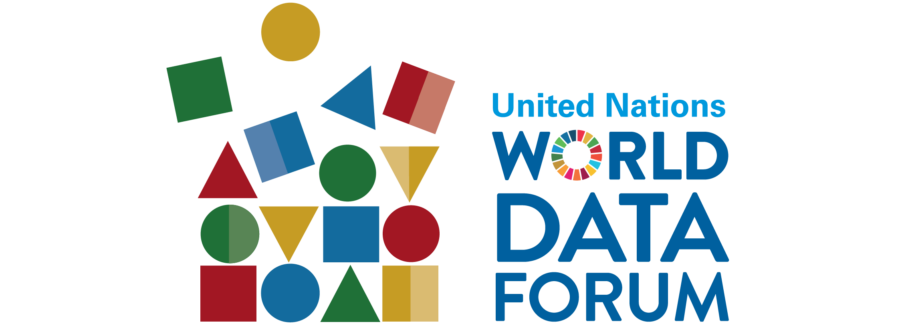In June, the Brown Institute and the UN-DESA’s Statistics Division announced a call for projects pairing journalistic outlets and official statistics offices to better inform the public. In some ways, it was our approach to combatting misinformation — figure out ways to provide “facts where opinions are formed,” to quote the OECD.
We had an incredible variety of submissions — from technical projects that, for example, reclaim a country’s history by recovering data stored on mainframe tapes; to attempts to pour through local data to reveal stories about life in cities and how they are governed; to training efforts that bring new data skills to journalists.
And there were stories, local stories that would document the health impacts of illegal mining, or track education spending and outcomes in a city, or create a new system to track maternal and infant mortality by taking on journalistic techniques to find where deaths are being lost to the official count.
Proposals came in from all over — Kenya, Ghana, Malawi, Argentina, Nigeria, Morocco, Bangladesh, Spain, the UK, India, Rwanda, and Kyrgyzstan. We were impressed by the international spirit behind the use of data and specifically the authentic collaborations with journalism.
Our winner was a 3-way cooperation between the Nigeria National Bureau of Statistics (NBS), the News Agency of Nigeria (NAN) and Code for Nigeria (CfN), a member of the continental Code for Africa federation. We quote from their proposal.
In a time of growing digital disruption to mainstream media and challenges to the economy in Nigeria, journalists play a key role as infomediaries who analyse and explain the socio-economic issues that shape the country, so that the public can make better informed decisions.
Journalists are often limited, however, by access to relevant and credible data/statistics. And, when they do win access, they often lack the skills to use it.
CfN and NAN have therefore partnered to establish a full-time data analysis/journalism desk in the news agency, to produce a regular data-driven news service for NAN’s publishing partners, consisting of narrative reportage, infographics and digital interactives.
NAN has formally partnered with NBS as part of the project, to create a substantive newswire of data-driven analytical news… CfN will, working with NAN, facilitate the selection, processing and visualisation of NBS datasets to accompany high-quality analytical news stories.
Congratulations to this amazing collaboration! We look forward to the stories and interactives that will be produced as part of the journalism training program.
We had two further finalists to announce. In second place was a collaboration between the Buenos Aires City Government, and La Nación newspaper — one of Argentina’s largest newspapers. Their project would make the Buenos Aires Gender Indicator System, launched this year, more accessible to the public. The plan was for La Nación Data and the local government to produce a series of stories that “visualize the existing gender gap in the City of Buenos Aires.” It would also highlight effective equity practices that “empower women to promote a cultural transformation in the City and beyond.”
In third place, we have another journalist training program, this time in Malawi and involving the country’s National Statistical Office (NSO), Nation Publications Limited (and specifically The Nation Newspaper), and the Mathematical Sciences Department-Chancellor College. Their “proposal aims at building a generation of data journalists who… [will] find and publish untold stories behind nationwide data existing with [the] NSO…” As with many such training proposals, there is a technical intermediary, in this case Chancellor College, that can help provide basic statistical tools for journalists.
Thank you to every group that submitted a project. We were unsure what the response would be, and in the end, we received powerful proposals that show what can be done with data to help the public make better decisions. Thank you, and congratulations to our winners!

